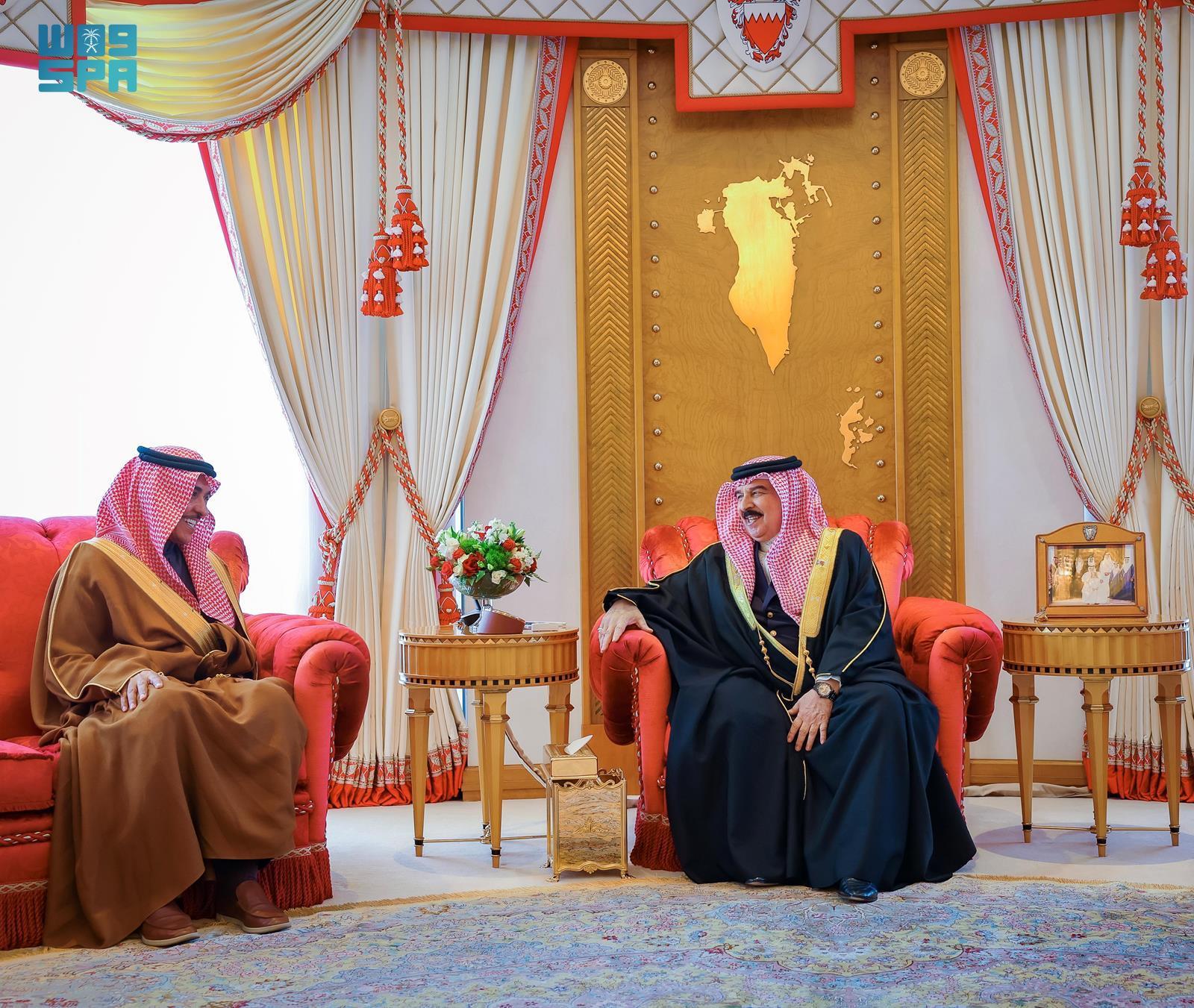RIYADH: American jazz legend Herbie Hancock hopes to expand his music training program to Saudi Arabia, he revealed in an interview with Arab News.
“We’d love to have a presence here in some way, you know, and some activities here,” Hancock told Arab News.
“Then this would be a place I could visit and have my footprint here in some way. That would be absolutely amazing,” he said.
The 14-time Grammy winner was referring to the Herbie Hancock Institute of Jazz at UCLA, which is a nonprofit education organization that uses internationally-acclaimed jazz masters to train promising young musicians.
Hancock made the comments during a week-long visit to Riyadh accompanied by Janis Siegel, and the Herbie Hancock Institute of Jazz Performance Ensemble.
The group performed at the capital’s King Fahad Cultural Center alongside Saudi jazz vocalist Nourah Alammary on Tuesday, in an event organized in collaboration with the US Embassy in Riyadh and the Saudi Music Commission.
“She was fantastic … she has enormous potential, extremely talented. The way she was improvising and it was really great,” Hancock said.
Speaking about his experience performing in Riyadh, Hancock said: “I was just overwhelmed when I looked at it and saw the incredible design, and the futuristic parts of its display were amazing because there’s a sense of history there, but a sense of the future in its design. It was really, really a great experience.”
During their time in Riyadh, Hancock and the delegation also led a masterclass for Saudi music students at the Music Hub, a roundtable on women in the arts with female Saudi artists, and an event with Saudi traditional musicians at the Ahmed Mater Studio.
“We’ve gone to Ahmed Matar’s studio and met some of the young students that are working there, I saw his library,” he said.
“I saw so much of his equipment. Some of it’s very old … that he bought over the several years that he’s been really mastering his work. And, I mean, he’s a very learned person.
“And, and he’s a lover of jazz too, he had a bunch of jazz records, (a) bunch of my records that were there,” Hancock said.
When asked how his experience in the Kingdom has been, Hancock proudly stated: “It’s been really amazing. I’ve been treated like a king, really it’s been fantastic.”
Siegel highlighted her experience in the Kingdom, stating: “I have to say, the people have been so warm and welcoming.
“It just feels fantastic. And I didn’t know what to expect, so I’m so happy,” she said.
Speaking about her performance alongside Hancock at the King Fahad Cultural Center, Seigel said: “First of all, let me say that it’s a gorgeous hall. It’s stunning. And the sound is very good as well.
“I just saw a sea of smiling faces out there. And I felt in a way, that people were moved by the music and the rhythm, but they didn’t quite know how to express it... they seemed to really know and appreciate Herbie’s contribution to this art form and his place in music history,” Siegel said.
Ambassador to Saudi Arabia Michael Ratney welcomed the visit, saying: “Saudi Arabia’s cultural scene is evolving at an incredible pace, and hosting a legend like Herbie Hancock is a huge milestone.
“His music has inspired generations and having him here is a testament to the Kingdom’s remarkable cultural transformation.”




























